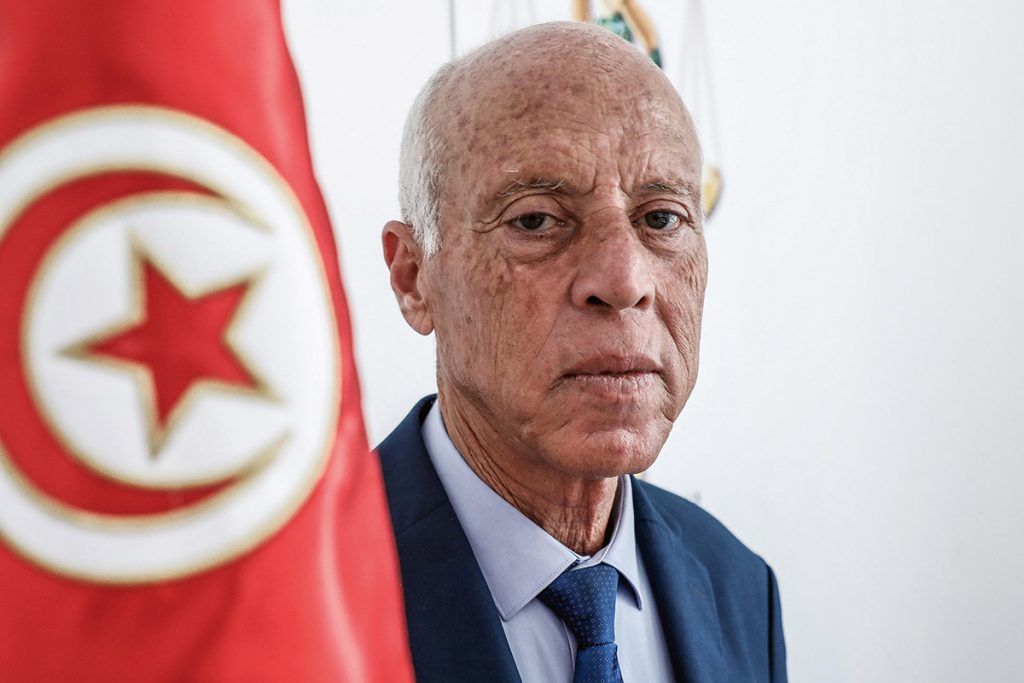A petition signed by prominent Tunisians and civil society organisations was issued on Saturday, calling for the acceptance of disqualified candidates to run in the presidential election scheduled for October 6.
Endorsed by 26 groups such as Legal Agenda, Lawyers Without Borders, and the Tunisian Human Rights League, it expressed approval of a ruling by an administrative court this week, which reinstated three disqualified candidates.
They are Imed Daimi, an adviser to former president Moncef Marzouki, former minister Mondher Zenaidi and opposition party leader Abdellatif Mekki. They were among the 14 candidates barred by the Independent High Authority for Elections (ISIE) from participating in the election.
If permitted to run, they will join former parliamentarian Zouhair Maghzaoui and businessman Ayachi Zammel in challenging the incumbent President Kais Saied, who has been accused of displaying authoritarian tendencies by critics.

Although Saied was democratically elected in 2019, he executed a substantial seizure of power in 2021. Several of his political adversaries and detractors are presently incarcerated or facing prosecution. The petition, signed by over 180 civil society personalities, including Wahid Ferchichi, the dean of the public law faculty at Carthage University, highlighted the administrative court as “the only competent authority to adjudicate disputes related to presidential election candidacies”.
The petition highlighted comments made by Farouk Bouasker, head of ISIE, who on Thursday said that the authority would soon convene to finalise the list of candidates, “taking into consideration judicial judgments already pronounced.”
This has led to concerns that ISIE might reject new candidates if they are involved in legal proceedings or have existing convictions.
According to the petition, the administrative court’s decisions on appeals “are enforceable and cannot be contested by any means whatsoever.”
The petition urged the electoral authority to “respect the law and avoid any actions that could compromise the transparency and integrity of the electoral process.”
Last week, Human Rights Watch reported that Tunisian authorities “have prosecuted, convicted or imprisoned at least eight prospective candidates” for the upcoming October vote.
HRW stressed that Tunisia is “preparing for a presidential election amid heightened repression of dissent and free speech, with insufficient checks and balances on President Saied’s power.”


